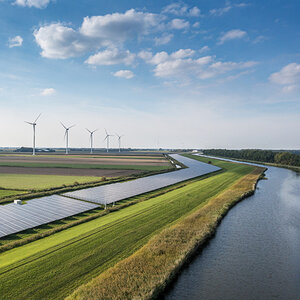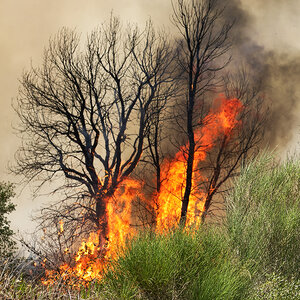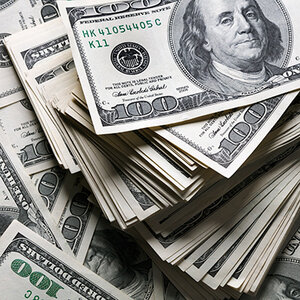Super-rich responsible for majority of carbon emissions, report finds

The richest 1 percent of the world’s population produced as much carbon pollution in 2019 as the poorest two-thirds, a report from Oxfam International finds.
Drawing upon research by the Stockholm Environment Institute, the report, Climate Equality: A Planet for the 99% (101 pages, PDF), assessed carbon emissions across income groups in 2019, and found the richest 1 percent (77 million) people of the world were responsible for 16 percent of carbon pollution globally, equivalent to the emissions of the poorest 66 percent of humanity (five billion people)—with the richest 10 percent accounting for half of all emissions. Moreover, between 1990 and 2019, the richest 1 percent depleted 12 percent of the world’s carbon budget—with the richest 10 percent responsible for using up 40 percent. Over the same period, the bottom 50 percent by income used only 5 percent.
According to the report, high-income countries (16 percent of the world’s population) were responsible for 40 percent of global consumption-based CO2 emissions in 2019, while low-income countries contributed 0.4 percent. One-third of the carbon emissions of the richest 1 percent are associated with consumption by people in the United States, followed by people living in China and the Gulf countries. In addition, carbon emissions of the richest 1 percent are likely to be 22 times greater than the level compatible with the 1.5°C goal of the Paris Agreement in 2030, and each year the emissions of the richest 1 percent cancel out the carbon savings coming from nearly one million wind turbines.
The report details the cycle of climate breakdown and inequality, with those living in poverty, women and girls, Indigenous communities, and countries in the Global South unequally impacted, further increasing the divide. According to estimates, emissions of the super-rich are enough to cause 1.3 million excess deaths due to heat.
Coming ahead of the COP28 World Climate Summit in Dubai, amid growing fears that the 1.5°C target for curtailing rising temperatures appears increasingly unachievable, the report calls on governments to dramatically reduce inequality, including by imposing wealth taxes on the richest 1 percent to redistribute wealth and address climate finance needs; to transition away from fossil fuels quickly and fairly; and to stop using GDP growth as a measure of human progress, instead prioritizing human and planetary well-being.
“We must make the connection explicitly,” said Oxfam International interim executive director Amitabh Behar. “Not taxing wealth allows the richest to rob from us, ruin our planet, and renege on democracy. Taxing extreme wealth transforms our chances to tackle both inequality and the climate crisis. These are trillions of dollars at stake to invest in dynamic 21st century green governments, but also to re-inject into our democracies.”
(Photo credit: Getty Images/Pidjoe)






